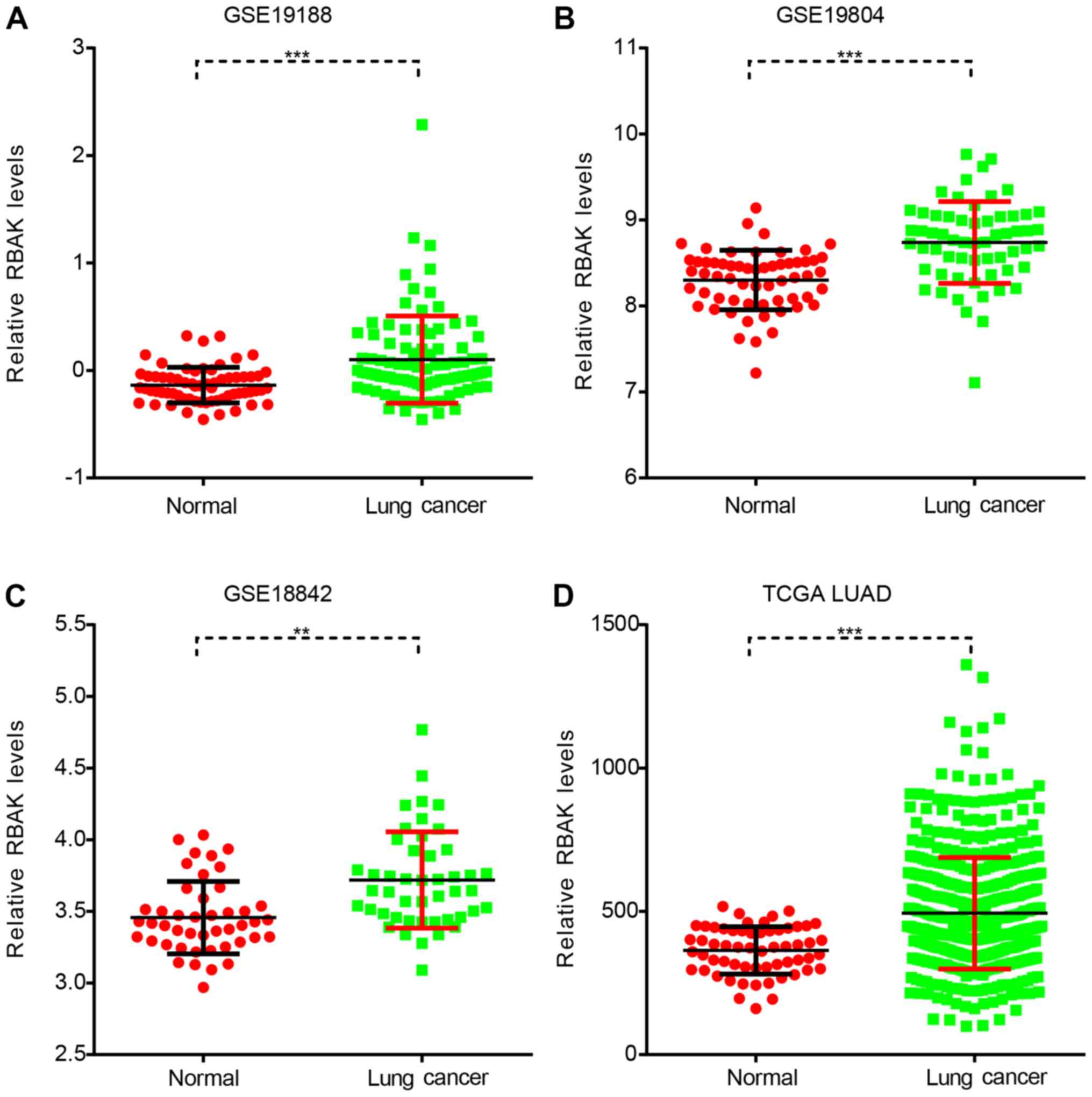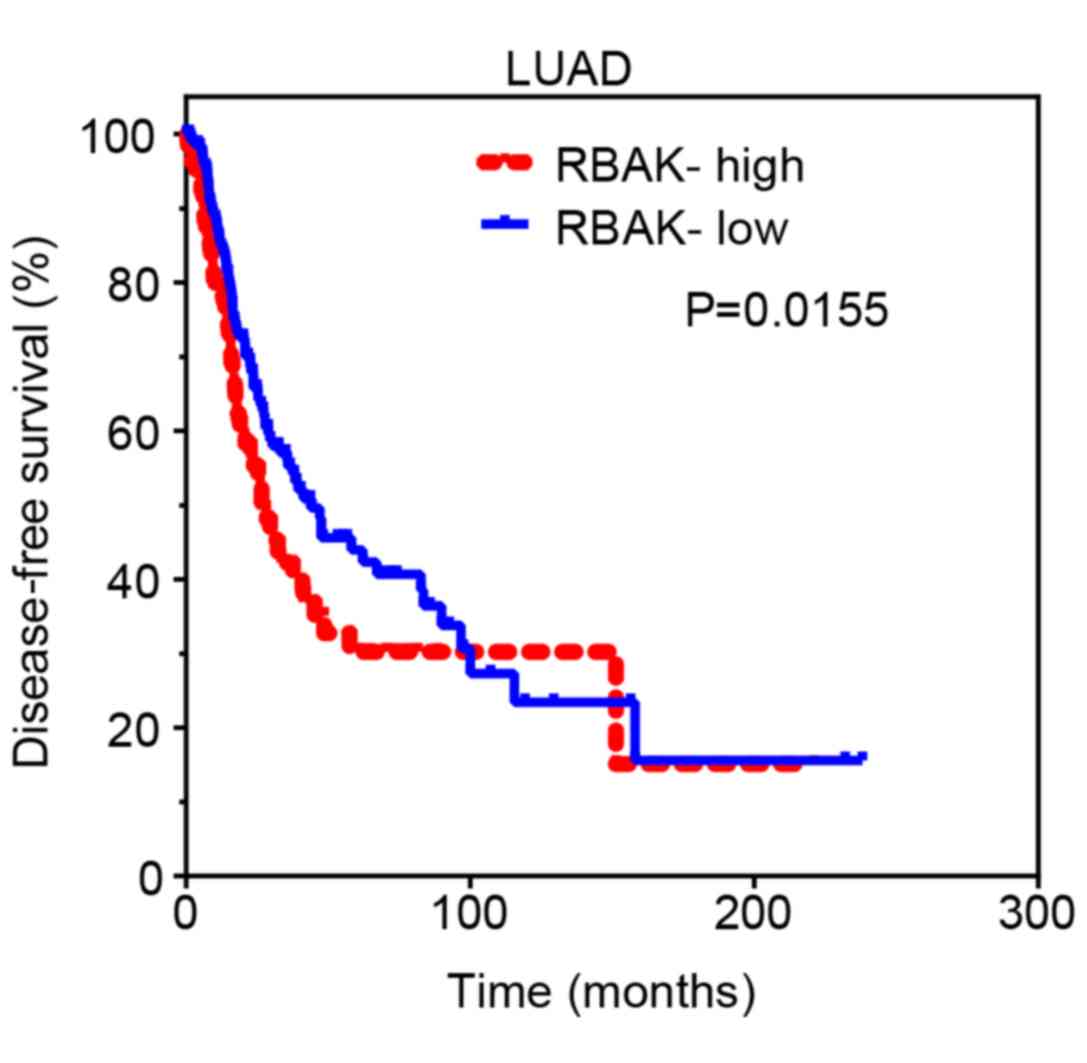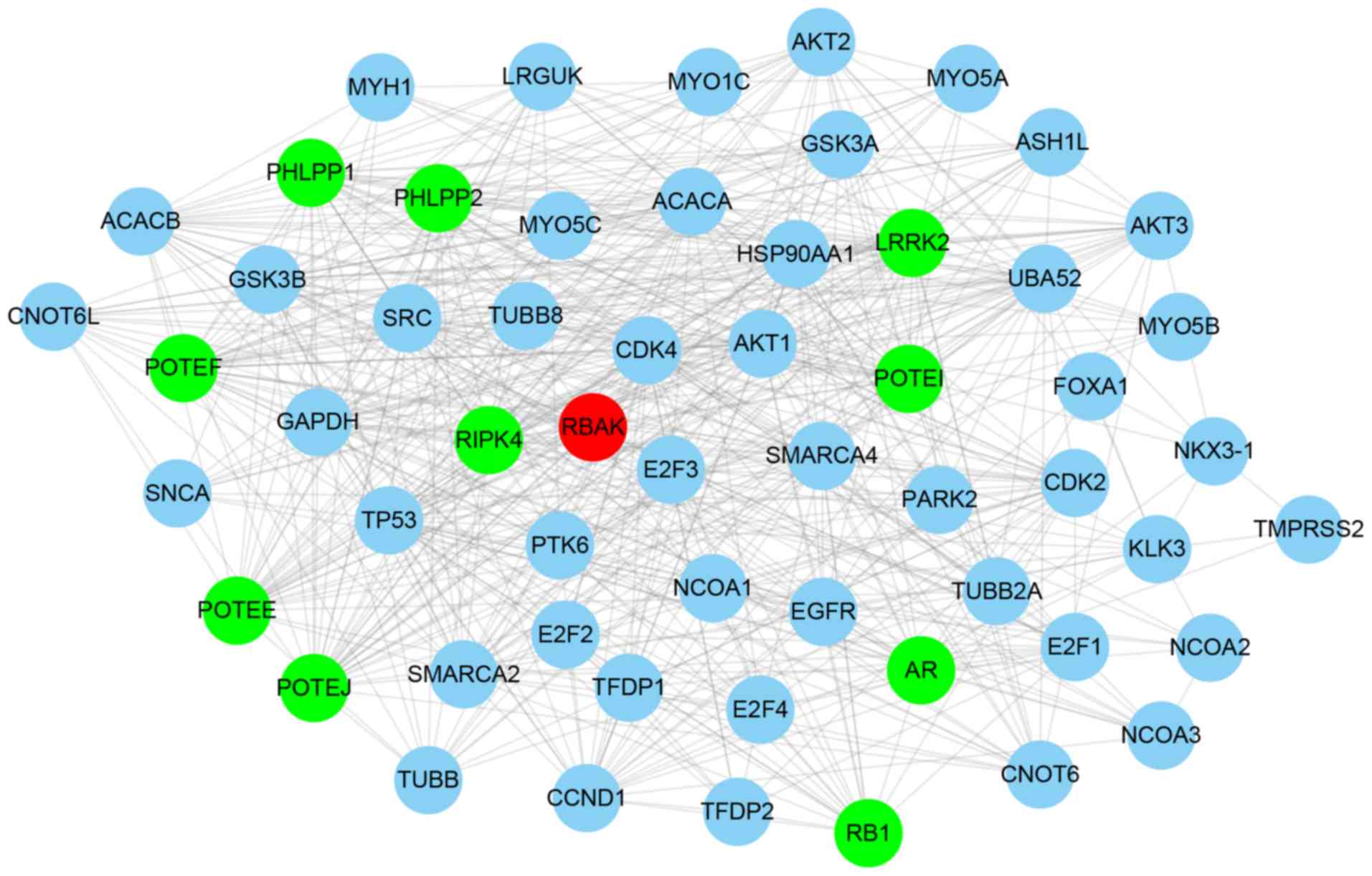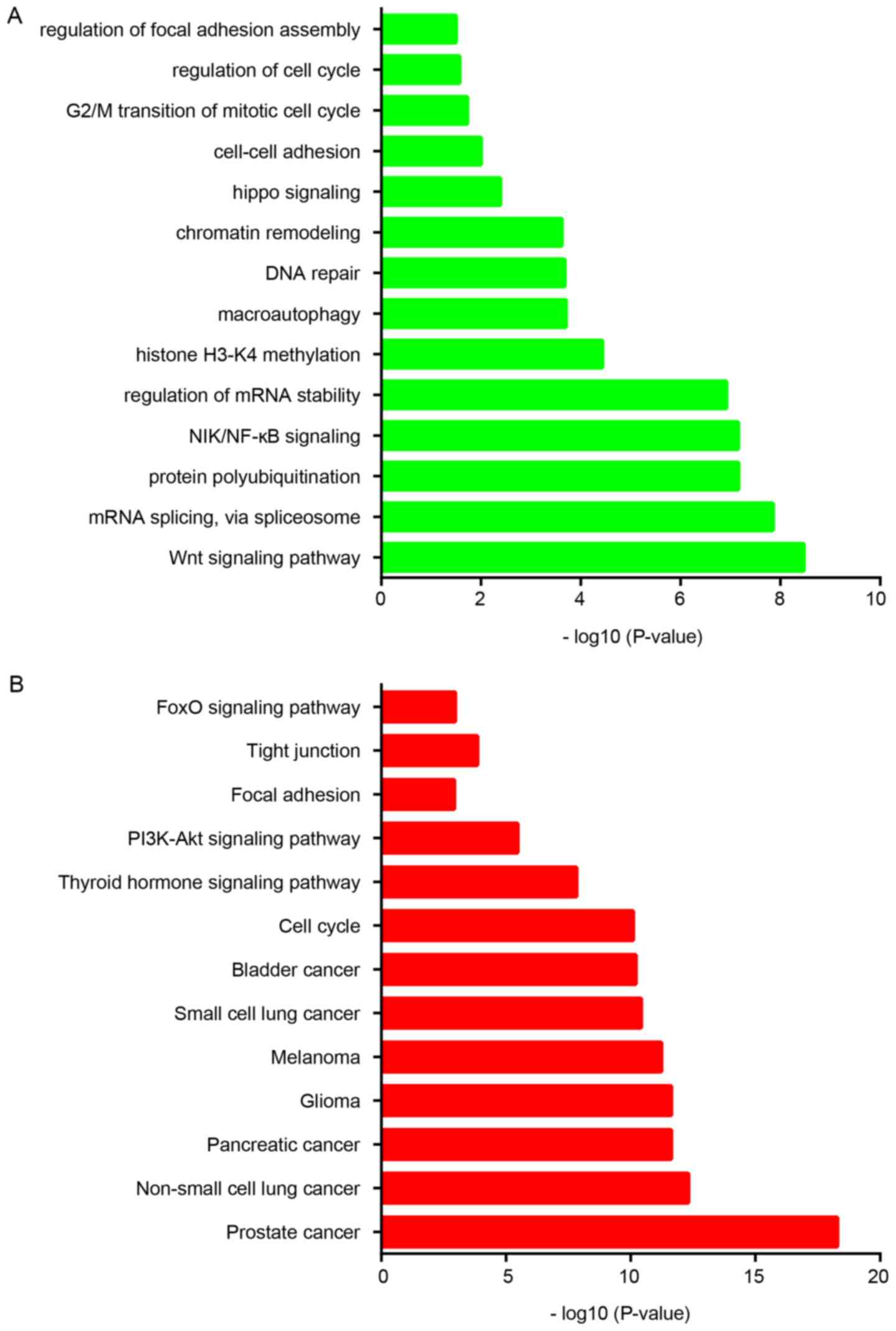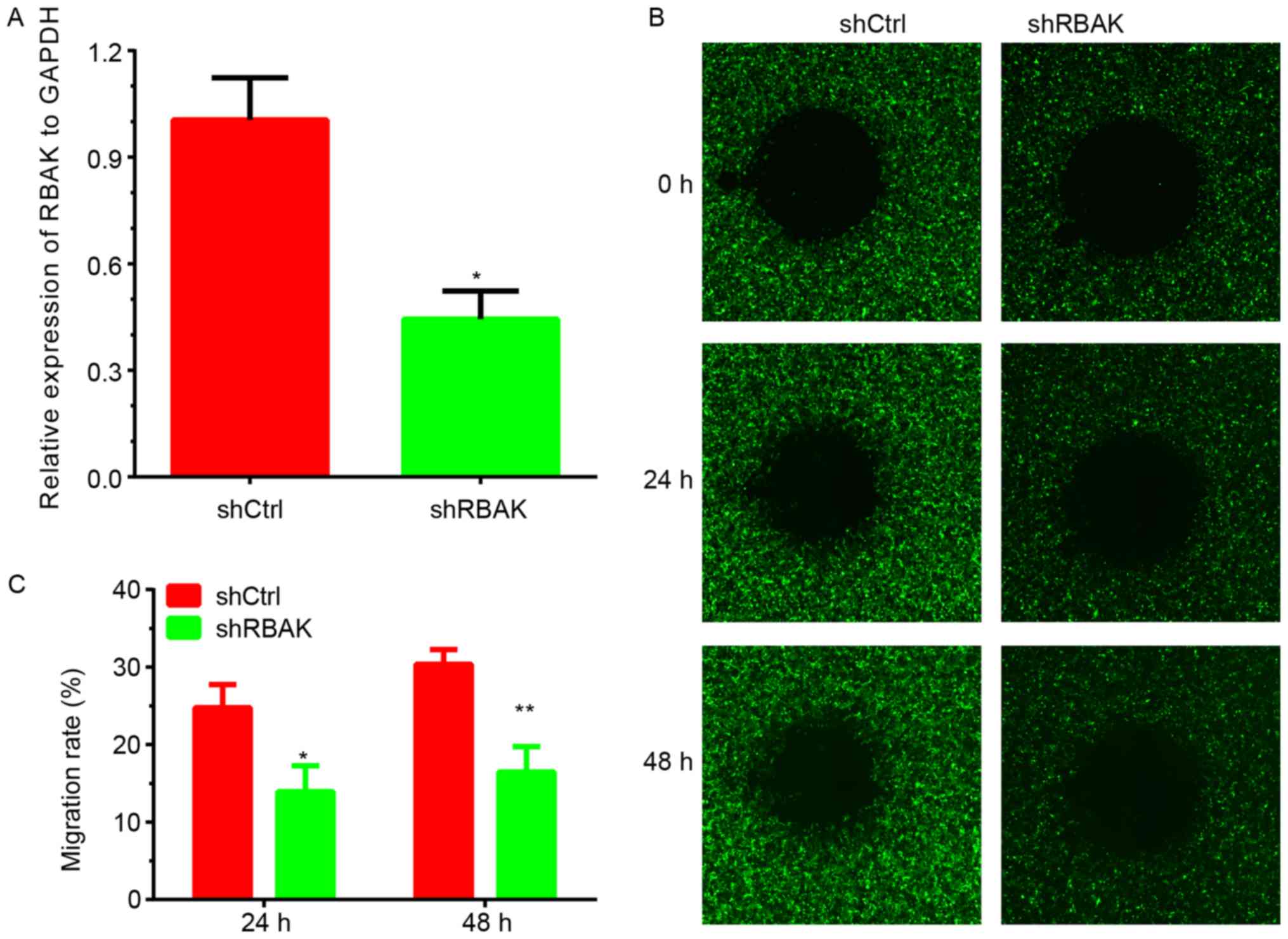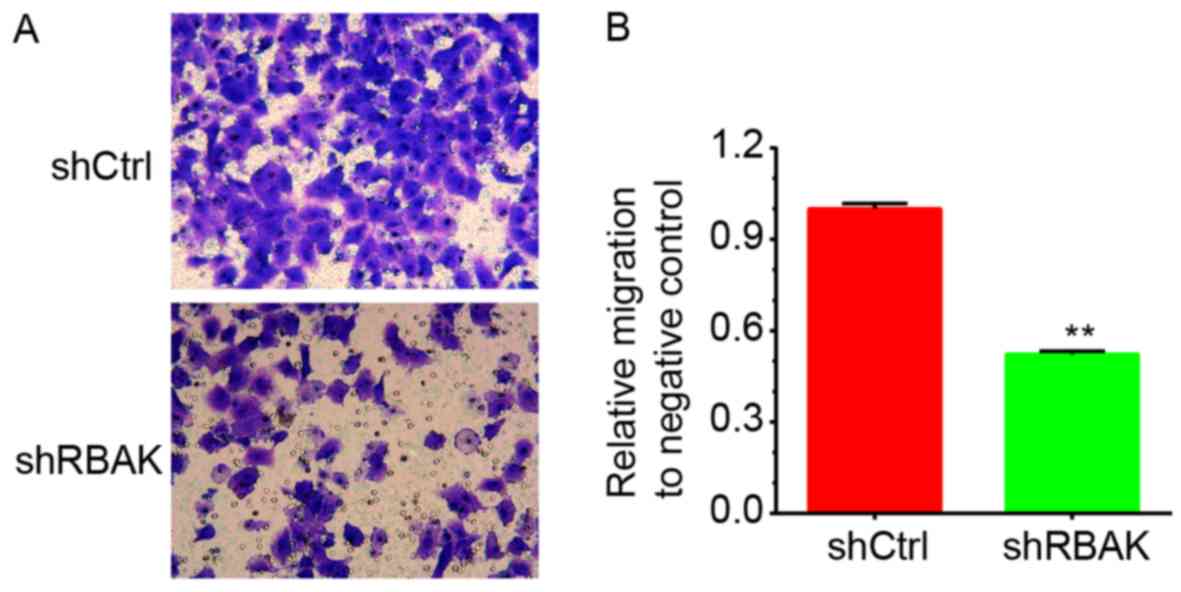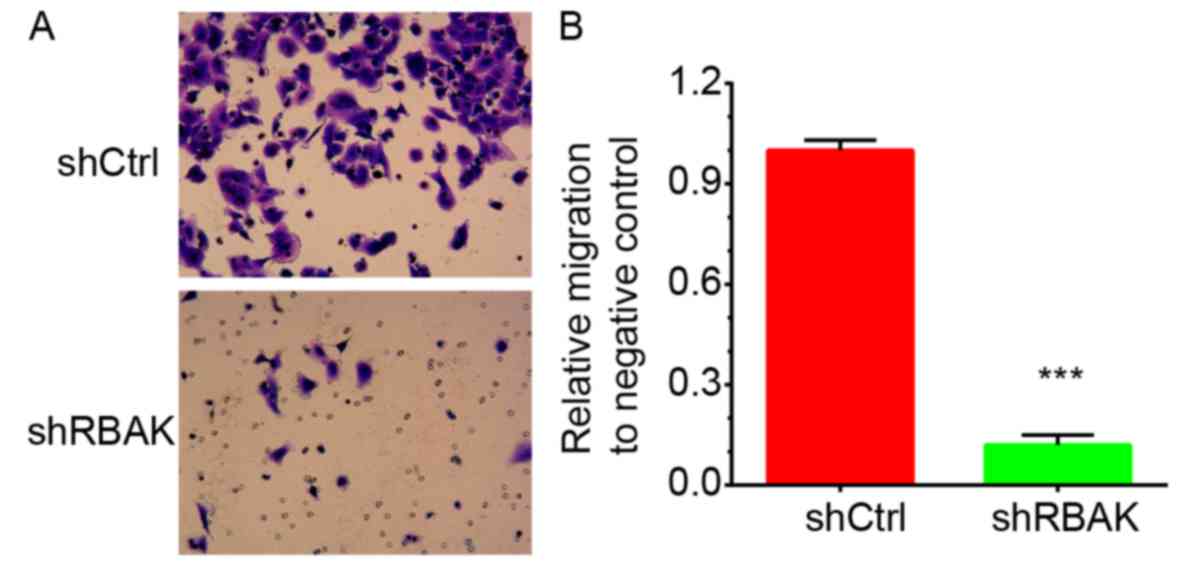|
1
|
Kumar MS, Hancock DC, Molina-Arcas M,
Steckel M, East P, Diefenbacher M, Armenteros-Monterroso E,
Lassailly F, Matthews N, Nye E, et al: The GATA2 transcriptional
network is requisite for RAS oncogene-driven non-small cell lung
cancer. Cell. 149:642–655. 2012. View Article : Google Scholar : PubMed/NCBI
|
|
2
|
Ji P, Diederichs S, Wang W, Böing S,
Metzger R, Schneider PM, Tidow N, Brandt B, Buerger H, Bulk E, et
al: MALAT-1, a novel noncoding RNA, and thymosin beta4 predict
metastasis and survival in early-stage non-small cell lung cancer.
Oncogene. 22:8031–8041. 2003. View Article : Google Scholar : PubMed/NCBI
|
|
3
|
Siegel R, Naishadham D and Jemal A: Cancer
statistics, 2013. CA Cancer J Clin. 63:11–30. 2013. View Article : Google Scholar : PubMed/NCBI
|
|
4
|
Millien G, Cao Y, O'Hara CJ, Tagne JB,
Hinds A, Williams MC, Ramirez MI and Kathuria H: ETS1 regulates
Twist1 transcription in a Kras (G12D) /Lkb1(−/-) metastatic lung
tumor model of non-small cell lung cancer. Clin Exp Metastasis.
35:149–165. 2018. View Article : Google Scholar : PubMed/NCBI
|
|
5
|
Seo SK, Kim JH, Choi HN, Choe TB, Hong SI,
Yi JY, Hwang SG, Lee HG, Lee YH and Park IC: Knockdown of TWIST1
enhances arsenic trioxide- and ionizing radiation-induced cell
death in lung cancer cells by promoting mitochondrial dysfunction.
Biochem Biophys Res Commun. 449:490–495. 2014. View Article : Google Scholar : PubMed/NCBI
|
|
6
|
Wan X, Kong Z, Chu K, Yi C, Hu J, Qin R,
Zhao C, Fu F, Wu H, Li Y and Huang Y: Co-expression analysis
revealed PTCH1-3′UTR promoted cell migration and invasion by
activating miR-101-3p/SLC39A6 axis in non-small cell lung cancer:
Implicating the novel function of PTCH1. Oncotarget. 9:4798–4813.
2018. View Article : Google Scholar : PubMed/NCBI
|
|
7
|
Lu Z, Li Y, Che Y, Huang J, Sun S, Mao S,
Lei Y, Li N, Sun N and He J: The TGFβ-induced lncRNA TBILA promotes
non-small cell lung cancer progression in vitro and in vivo via
cis-regulating HGAL and activating S100A7/JAB1 signaling. Cancer
Lett. 432:156–168. 2018. View Article : Google Scholar : PubMed/NCBI
|
|
8
|
So A, Jeske YW, Gordon RD, Duffy D,
Kelemen L and Stowasser M: No evidence for coding region mutations
in the retinoblastoma-associated Kruppel-associated box protein
gene (RBaK) causing familial hyperaldosteronism type II. Clin
Endocrinol (Oxf). 65:829–831. 2006. View Article : Google Scholar : PubMed/NCBI
|
|
9
|
Wan X, Pu H, Huang W, Yang S, Zhang Y,
Kong Z, Yang Z, Zhao P, Li A, Li T and Li Y: Androgen-induced
miR-135a acts as a tumor suppressor through downregulating RBAK and
MMP11, and mediates resistance to androgen deprivation therapy.
Oncotarget. 7:51284–51300. 2016. View Article : Google Scholar : PubMed/NCBI
|
|
10
|
Zhao Y, Zhou L, Liu B, Deng Y, Wang Y,
Wang Y, Huang W, Yuan W, Wang Z, Zhu C, et al: ZNF325, a novel
human zinc finger protein with a RBaK-like RB-binding domain,
inhibits AP-1- and SRE-mediated transcriptional activity. Biochem
Biophys Res Commun. 346:1191–1199. 2006. View Article : Google Scholar : PubMed/NCBI
|
|
11
|
Hou J, Aerts J, den Hamer B, van Ijcken W,
den Bakker M, Riegman P, van der Leest C, van der Spek P, Foekens
JA, Hoogsteden HC, et al: Gene expression-based classification of
non-small cell lung carcinomas and survival prediction. PLoS One.
5:e103122010. View Article : Google Scholar : PubMed/NCBI
|
|
12
|
Lu TP, Tsai MH, Lee JM, Hsu CP, Chen PC,
Lin CW, Shih JY, Yang PC, Hsiao CK, Lai LC and Chuang EY:
Identification of a novel biomarker, SEMA5A, for non-small cell
lung carcinoma in nonsmoking women. Cancer Epidemiol Biomarkers
Prev. 19:2590–2597. 2010. View Article : Google Scholar : PubMed/NCBI
|
|
13
|
Sanchez-Palencia A, Gomez-Morales M,
Gomez-Capilla JA, Pedraza V, Boyero L, Rosell R and Fárez-Vidal ME:
Gene expression profiling reveals novel biomarkers in nonsmall cell
lung cancer. Int J Cancer. 129:355–364. 2011. View Article : Google Scholar : PubMed/NCBI
|
|
14
|
Livak KJ and Schmittgen TD: Analysis of
relative gene expression data using real-time quantitative PCR and
the 2(-Delta Delta C(T)) method. Methods. 25:402–408. 2001.
View Article : Google Scholar : PubMed/NCBI
|
|
15
|
Hofman K, Swinnen JV, Claessens F,
Verhoeven G and Heyns W: The retinoblastoma protein-associated
transcription repressor RBaK interacts with the androgen receptor
and enhances its transcriptional activity. J Mol Endocrinol.
31:583–596. 2003. View Article : Google Scholar : PubMed/NCBI
|
|
16
|
Lee MW, Kim DS, Lee JH, Lee BS, Lee SH,
Jung HL, Sung KW, Kim HT, Yoo KH and Koo HH: Roles of AKT1 and AKT2
in non-small cell lung cancer cell survival, growth, and migration.
Cancer Sci. 102:1822–1828. 2011. View Article : Google Scholar : PubMed/NCBI
|
|
17
|
Sung JS, Park KH, Kim ST and Kim YH:
Discovery and evaluation of polymorphisms in the AKT2 and AKT3
promoter regions for risk of Korean lung cancer. Genomics Inform.
10:167–174. 2012. View Article : Google Scholar : PubMed/NCBI
|
|
18
|
Wang T, Chen X, Qiao W, Kong L, Sun D and
Li Z: Transcription factor E2F1 promotes EMT by regulating ZEB2 in
small cell lung cancer. BMC Cancer. 17:7192017. View Article : Google Scholar : PubMed/NCBI
|
|
19
|
Feliciano A, Garcia-Mayea Y, Jubierre L,
Mir C, Hummel M, Castellvi J, Hernández-Losa J, Paciucci R, Sansano
I, Sun Y, et al: miR-99a reveals two novel oncogenic proteins E2F2
and EMR2 and represses stemness in lung cancer. Cell Death Dis.
8:e31412017. View Article : Google Scholar : PubMed/NCBI
|
|
20
|
Cooper CS, Nicholson AG, Foster C, Dodson
A, Edwards S, Fletcher A, Roe T, Clark J, Joshi A, Norman A, et al:
Nuclear overexpression of the E2F3 transcription factor in human
lung cancer. Lung Cancer. 54:155–162. 2006. View Article : Google Scholar : PubMed/NCBI
|
|
21
|
Betticher DC, Heighway J, Thatcher N and
Hasleton PS: Abnormal expression of CCND1 and RB1 in resection
margin epithelia of lung cancer patients. Br J Cancer.
75:1761–1768. 1997. View Article : Google Scholar : PubMed/NCBI
|
|
22
|
Wu A, Wu B, Guo J, Luo W, Wu D, Yang H,
Zhen Y, Yu X, Wang H, Zhou Y, et al: Elevated expression of CDK4 in
lung cancer. J Transl Med. 9:382011. View Article : Google Scholar : PubMed/NCBI
|
|
23
|
Yun CH, Boggon TJ, Li Y, Woo MS, Greulich
H, Meyerson M and Eck MJ: Structures of lung cancer-derived EGFR
mutants and inhibitor complexes: Mechanism of activation and
insights into differential inhibitor sensitivity. Cancer Cell.
11:217–227. 2007. View Article : Google Scholar : PubMed/NCBI
|
|
24
|
Schwaederlé M, Lazar V, Validire P,
Hansson J, Lacroix L, Soria JC, Pawitan Y and Kurzrock R: VEGF-A
expression correlates with TP53 mutations in non-small cell lung
cancer: Implications for antiangiogenesis therapy. Cancer Res.
75:1187–1190. 2015. View Article : Google Scholar : PubMed/NCBI
|
|
25
|
Dubois F, Keller M, Calvayrac O, Soncin F,
Hoa L, Hergovich A, Parrini MC, Mazières J, Vaisse-Lesteven M,
Camonis J, et al: RASSF1A suppresses the invasion and metastatic
potential of human non-small cell lung cancer cells by inhibiting
YAP activation through the GEF-H1/RhoB pathway. Cancer Res.
76:1627–1640. 2016. View Article : Google Scholar : PubMed/NCBI
|
|
26
|
Song Q, Xu Y, Yang C, Chen Z, Jia C, Chen
J, Zhang Y, Lai P, Fan X, Zhou X, et al: miR-483-5p promotes
invasion and metastasis of lung adenocarcinoma by targeting RhoGDI1
and ALCAM. Cancer Res. 74:3031–3042. 2014. View Article : Google Scholar : PubMed/NCBI
|
|
27
|
Wang XH, Cui YX, Wang ZM and Liu J:
Down-regulation of FOXR2 inhibits non-small cell lung cancer cell
proliferation and invasion through the Wnt/beta-catenin signaling
pathway. Biochem Biophys Res Commun. 500:229–235. 2018. View Article : Google Scholar : PubMed/NCBI
|
|
28
|
Wu C, Zhuang Y, Jiang S, Tian F, Teng Y,
Chen X, Zheng P, Liu S, Zhou J, Wu J, Wang R and Zou X:
Cinnamaldehyde induces apoptosis and reverses
epithelial-mesenchymal transition through inhibition of
Wnt/β-catenin pathway in non-small cell lung cancer. Int J Biochem
Cell Biol. 84:58–74. 2017. View Article : Google Scholar : PubMed/NCBI
|
|
29
|
Zhang Q, Li YD, Zhang SX and Shi YY:
Centromere protein U promotes cell proliferation, migration and
invasion involving Wnt/β-catenin signaling pathway in non-small
cell lung cancer. Eur Rev Med Pharmacol Sci. 22:7768–7777.
2018.PubMed/NCBI
|
|
30
|
Stewart DJ: Wnt signaling pathway in
non-small cell lung cancer. J Natl Cancer Inst. 106:djt3562014.
View Article : Google Scholar : PubMed/NCBI
|















